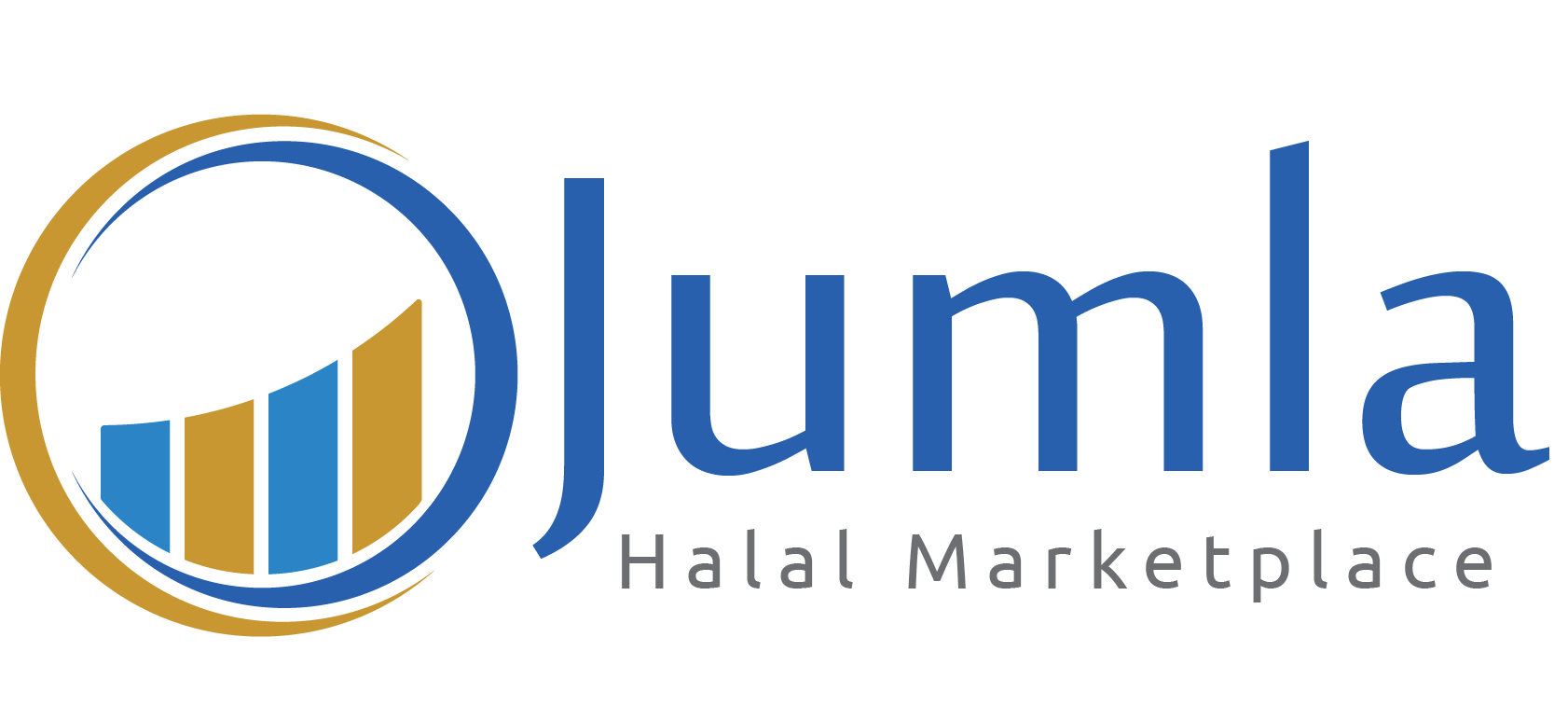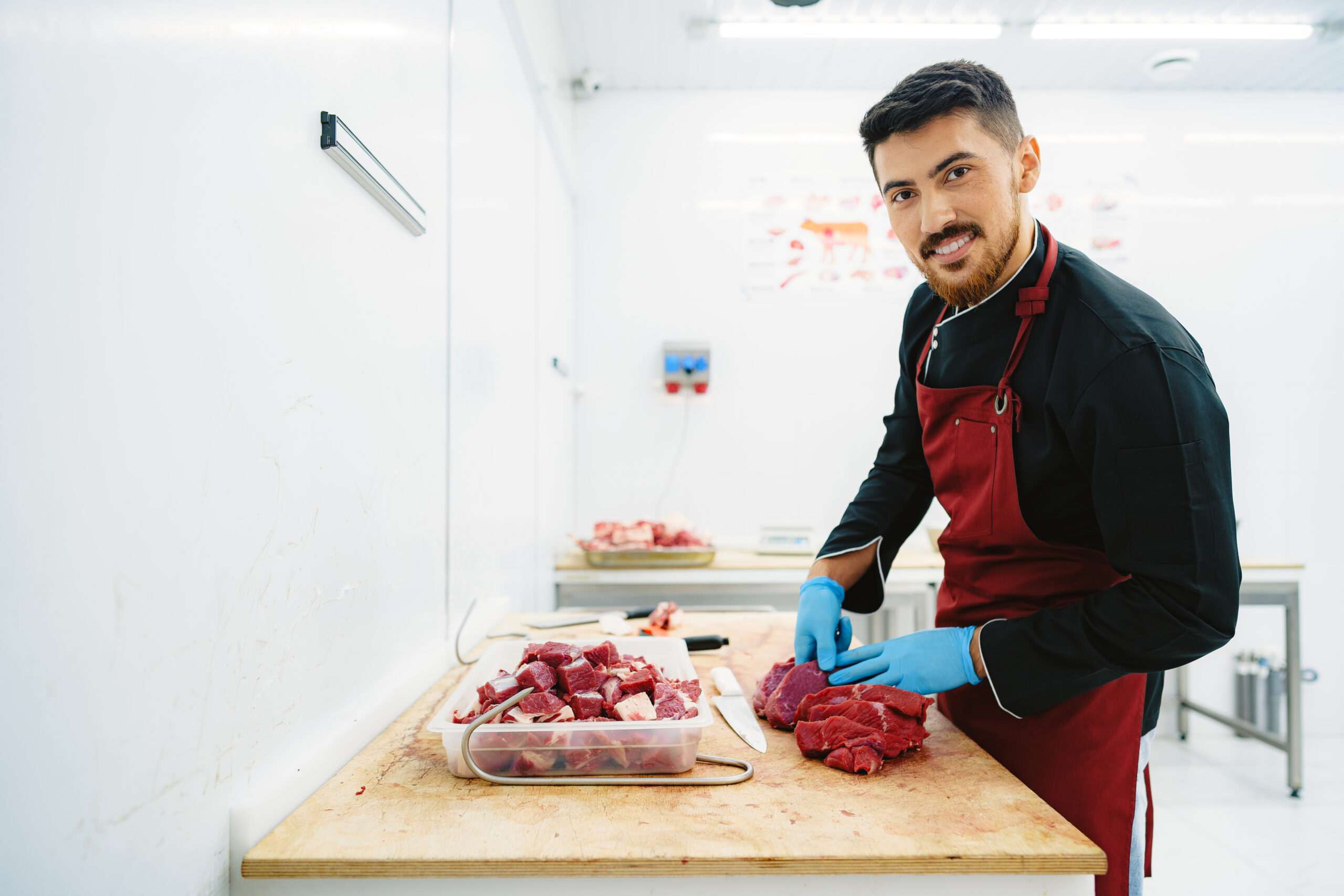The Growing Demand for Halal Meat in the U.S. Market
The demand for halal meat in the United States has been steadily rising, reflecting both demographic changes and evolving consumer preferences. Once considered a niche category primarily serving Muslim communities, halal meat has now entered the mainstream market, driven by a combination of cultural, ethical, and health-conscious factors.
One of the primary drivers of this growth is the expanding Muslim population in the U.S., which is projected to continue increasing over the coming decades. For many Muslim families, halal food is not just a dietary preference but a religious obligation. This has encouraged grocery stores, supermarkets, and restaurants to expand their offerings to meet the needs of this community. What was once limited to specialty butcher shops can now be found in major retail chains and online platforms.
Beyond the Muslim consumer base, there is also growing interest among non-Muslim Americans. Halal meat is often perceived as being cleaner, healthier, and more ethically produced due to the strict guidelines governing how animals are raised, handled, and processed. In an era when many consumers are paying closer attention to the origins and quality of their food, halal certification offers an added layer of assurance and transparency.
Restaurants and food service providers have responded to this trend by incorporating halal options into their menus. From fast food chains to fine dining establishments, the presence of halal-certified products has become a competitive advantage. This expansion has also extended into institutional food service, with schools, hospitals, and universities increasingly offering halal meals to better serve diverse populations.
The wholesale and retail markets have likewise adapted to this growing demand. Importers, distributors, and local producers are investing more heavily in halal certification and production capacity, recognizing the opportunity to tap into a rapidly expanding market. At the same time, e-commerce has made halal meat more accessible than ever, allowing consumers to order directly from trusted suppliers and have products delivered to their doorstep.
As demand grows, the halal meat industry faces both opportunities and challenges. Maintaining rigorous certification standards, ensuring supply chain integrity, and educating consumers remain critical to sustaining trust and growth. However, the overall outlook is promising. With increasing cultural acceptance, a rising consumer base, and broader recognition of halal as a marker of quality, the U.S. market for halal meat is poised to expand significantly in the years ahead.





